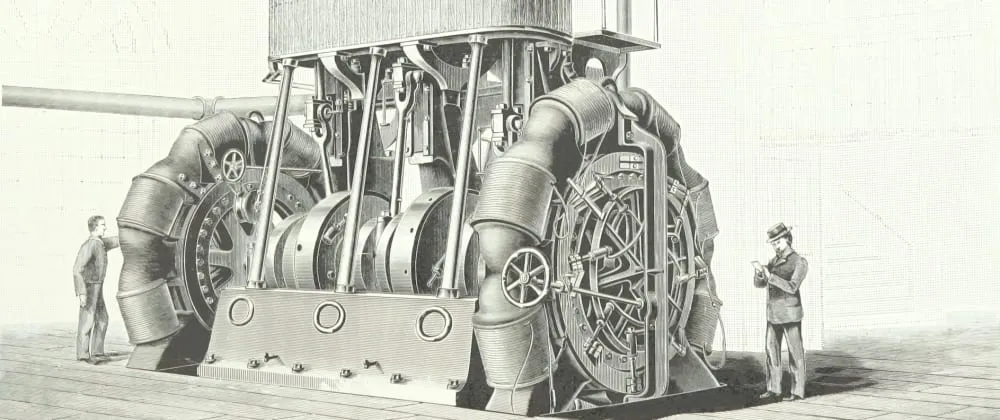
What is Finite-state machine?
The finite state machine (FSM) is a software design pattern where a given model transitions to other behavioral states through external input.
Context
FSM refers to classes of automata

Example using if else
Let’s say we have a simple task where we check, for example, a traffic light and perform actions depending on the current state.
function trafficLightAction(color) {
if (color === 'green') {
console.log('Go');
} else if (color === 'yellow') {
console.log('Slow down');
} else if (color === 'red') {
console.log('Stop');
} else {
console.log('Invalid color');
}
}
// Function call examples
trafficLightAction('green'); // Return: Go
trafficLightAction('yellow'); // Return: Slow down
trafficLightAction('red'); // Return: Stop
trafficLightAction('blue'); // Return: Invalid color
Example with using Finite-state machine (FSM)
Now let’s implement the same functionality using a state machine. A state machine will be an object where each key (state) is associated with a specific action.
const trafficLightFSM = {
green: () => console.log('Go'),
yellow: () => console.log('Slow down'),
red: () => console.log('Stop'),
invalid: () => console.log('Invalid color'),
};
function trafficLightActionFSM(color) {
const action = trafficLightFSM[color] || trafficLightFSM['invalid'];
action();
}
// Function call examples
trafficLightActionFSM('green'); // Return: Go
trafficLightActionFSM('yellow'); // Return: Slow down
trafficLightActionFSM('red'); // Return: Stop
trafficLightActionFSM('blue'); // Return: Invalid color